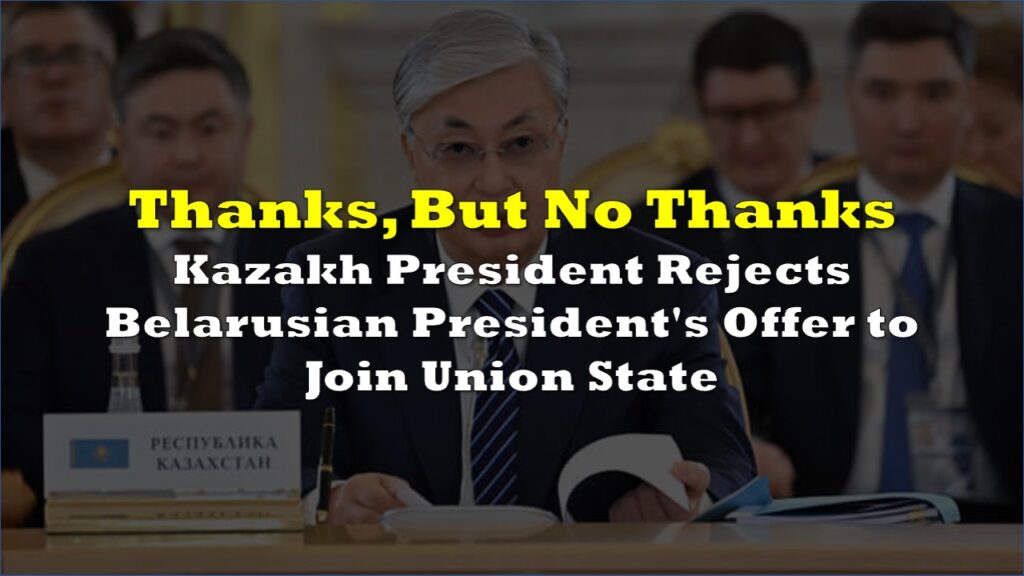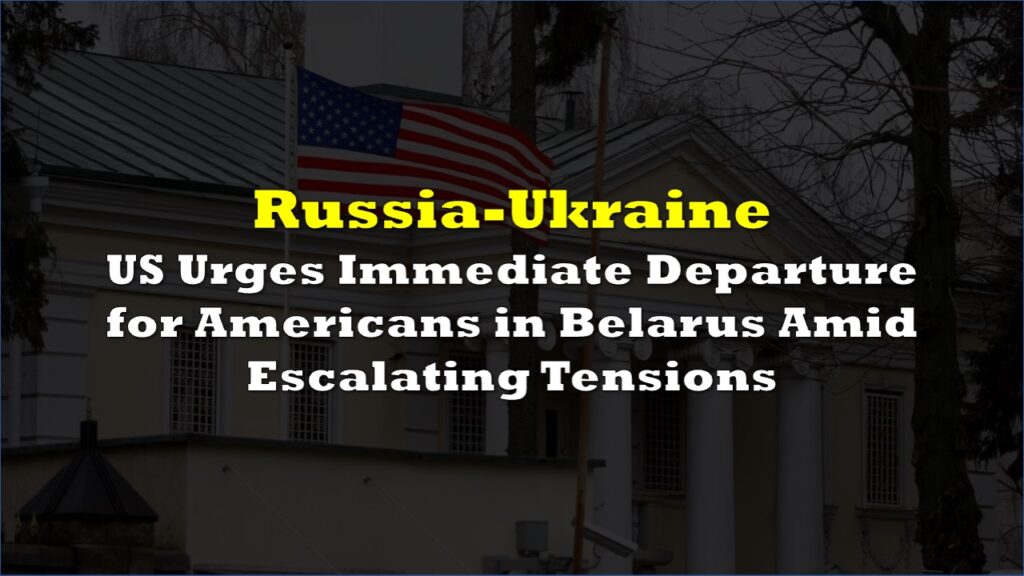Belarus freed three prisoners following unprecedented talks with a senior US diplomat, marking a potential shift in relations between Washington and one of Russia’s closest allies, the New York Times reported.
The release came after Deputy Assistant Secretary of State Christopher W. Smith met with President Aleksandr Lukashenko in Minsk on Wednesday, breaking a five-year gap in high-level diplomatic contact.
Three detainees — one American and two Belarusians — were transferred to US custody near the Lithuanian border following the discussions. The operation took place a day after a phone conversation between Presidents Trump and Putin.
BREAKING: The US mulls a grand bargain of prisoner releases for eased sanctions on Belarus
— Samuel Ramani (@SamRamani2) February 15, 2025
The initiative could pave the way for what Smith described to Western diplomats as a possible “grand bargain”: Belarus would release more political detainees in exchange for US sanctions relief on its banking sector and potash industry. He outlined this proposal during a briefing in Vilnius on Thursday.
Neither the State Department nor Smith has officially confirmed the details of his Minsk meetings. Belarusian officials have remained largely silent, though state TV suggested the US delegation may have included higher-ranking officials.
This signals a departure from the long-standing Western isolation of Belarus. Previous sanctions, particularly those targeting potash exports, pushed Minsk to reroute trade through Russia, inadvertently strengthening Moscow’s economic influence.
Rights monitors Viasna currently count 1,226 political prisoners in Belarus. While Lukashenko’s government has released over 200 prisoners recently, including two Americans, activists report continued arrests.
“We are very grateful to President Trump that he managed to move things forward,” said Franak Viacorka, chief of staff to exiled opposition leader Svetlana Tikhanovskaya. However, he insisted sanctions relief should depend on ending repression and freeing all political prisoners.
Political analyst Artyom Shraibman of the Carnegie Russia Eurasia Center said the success of any prisoner exchange would mark the first effective use of Western leverage over Minsk, though Belarus’s economic dependence on Russia limits diplomatic options.
Maria Kolesnikova’s sister, Tatyana Khomich, endorsed the new approach, suggesting direct engagement could reduce Russian influence while maintaining Western pressure points.
Former Polish intelligence chief Piotr Krawczyk sees the Belarus talks as Washington’s latest move to counter Russian power, citing parallel US efforts in Ukraine, Africa, and global energy markets.
Smith, who previously managed Belarus policy under the Biden administration, has been exploring sanctions relief options with US allies since last year.
Information for this story was found via the New York Times, and the sources and companies mentioned. The author has no securities or affiliations related to the organizations discussed. Not a recommendation to buy or sell. Always do additional research and consult a professional before purchasing a security. The author holds no licenses.









